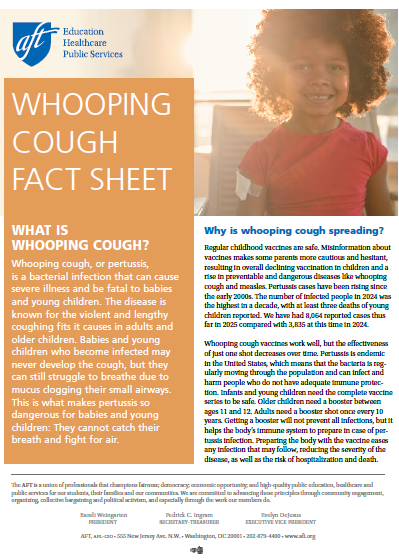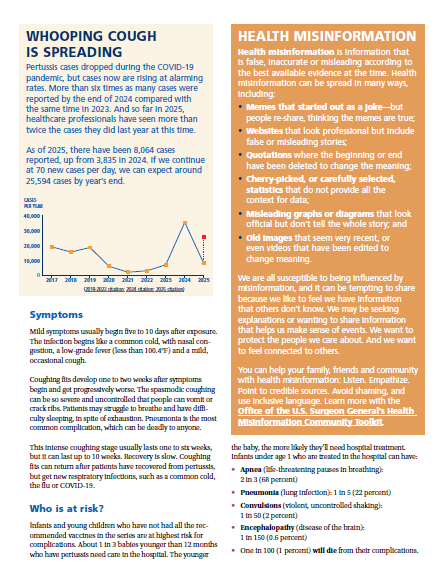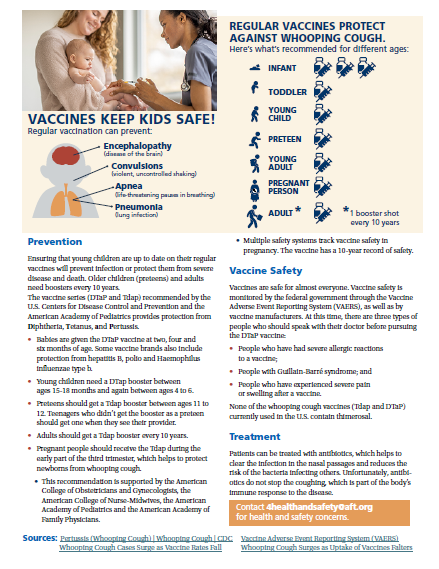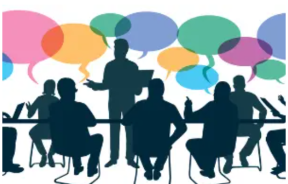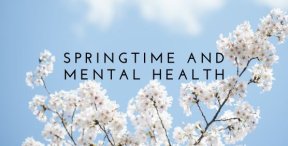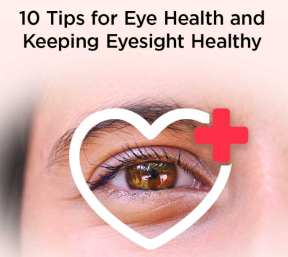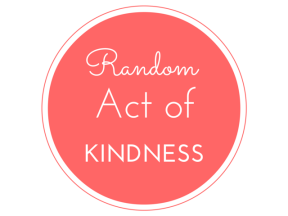This recognition was established to spread awareness about the damaging effects of loneliness and asks for people to give some of their time to bring happiness and cheer into the lives of those who may be lonely.
Unfortunately, whether it is being alone or feeling alone; loneliness is an inevitable part of life. For some people, it can be temporary, and for others it may be a daily struggle; affecting all ages, and people from all walks of life. Whether it’s a close friend, family member, old neighbor, new coworker, parent, child, or anybody else in your life, surprise them on Friday with a phone call, a visit, a hug, or organize a get-together to help get the word out and spread the spirit of friendliness!
Loneliness can be caused by health issues, financial troubles, or grief from loss, and it can be very overwhelming. This day serves as a reminder to all of us that everyone needs a little extra love and attention, especially the lonely. A small act of kindness can make a big difference.
Human beings are social creatures, and loneliness threatens our emotional and physical well-being. Despite having more ways than ever to connect digitally, many of us are physically isolated. Too much time alone can be dangerous to your health.
According to L.J. Pesek, Cheer Up the Lonely Day was created by her father, Francis Pesek from Detroit. She said her father "was a quiet, kind, wonderful man who had a heart of gold. He got the idea as a way of promoting kindness toward others who were lonely or forgotten with no relatives or friends to look in on them." The July 11th date was chosen because it was his own birthday. Mr. Pesek decided to spend the day after his birthday visiting shut-ins and people in nursing homes.
Everyone is susceptible to loneliness. Reach out, listen, and encourage others, not just on National Cheer up the Lonely Day, but every day. You never know how a simple ‘Just checking on you’ or ‘How was your day?’ can impact another’s life.


